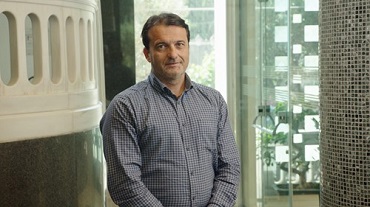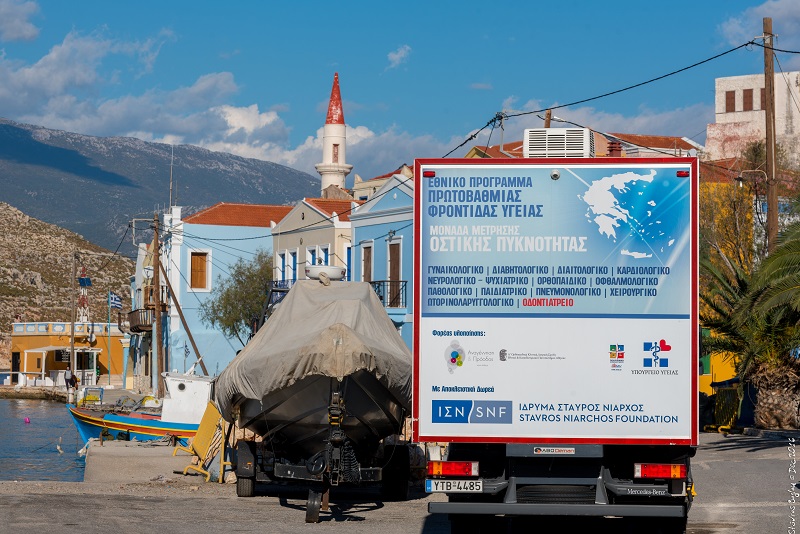OPINIONS
Anna Kynthia Bousdoukou
December 27 2021
As we are entering the beginning of the fifth wave of the pandemic—with the hope that it will be as short and as painless as possible—the issue of health and whether all citizens have equal and high-quality access to health services comes to the surface.
The Greek Constitution states that all citizens should have equal and direct access to health services. During the economic crisis—and now the pandemic—serious weaknesses of the National Health System to provide coverage to all citizens, especially in remote island and mountain regions of the country, became apparent. It is worth noting that there has always been unequal access for the inhabitants of these regions due to difficulties in transportation, a fact that has been particularly noticeable during the economic crisis and the pandemic.
It is precisely this gap that is being filled by the Mobile Medical Units program, which involves a team of doctors, nurses and administrators, carrying out three missions each month with state-of-the-art equipment, in an effort to strengthen the National Primary Health Care System.
This action is an initiative that is realized with an exclusive grant by the Stavros Niarchos Foundation (SNF). Ιt has been implemented without interruption since 2014, and it demonstrates the excellent cooperation between public and private entities, focusing on helping people.
This action also includes the formulation of postgraduate theses and dissertations that prove not only the initiative’s benefit to society as a whole, but also the quality of the health services provided.
It is a fact that, in order to improve health services, the following are required: excellent cooperation between health service providers, excellent training of nursing staff, and continuous training and evaluation of performance, both qualitatively and quantitatively.
All the above came to the surface, both with the economic crisis and the pandemic, during which there was a great disruption to the National Health System (NHS) that required the dynamic intervention of the private sector in order to support public structures so that they could cope with the growing need to care for multiple patients. One such example is SNF’s grant for the creation of new ICUs in hospitals all over the country.



